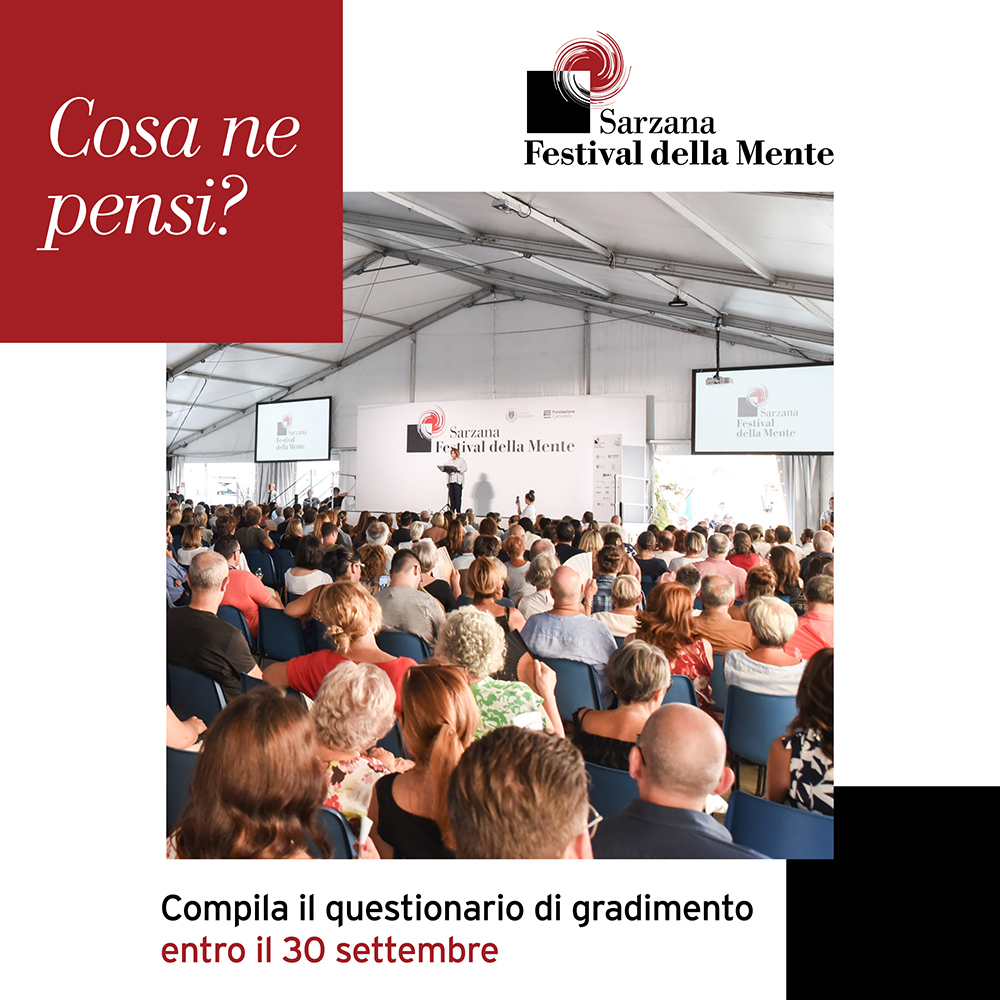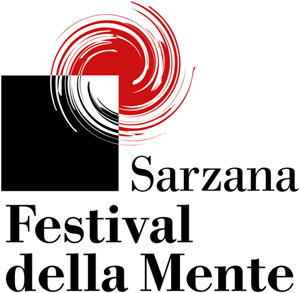2012 Programme
Event #32
Haim Baharier
Qabbala and an economy of justice
A great master of the Qabbalistic tradition used to say: “The truth should be pursued and intelligence should be subjugated nor suffocated. It is necessary to say ‘I do not know’, and study”. Haim Baharier pleads for a return to study, and in so doing, he goes against the grain of the increasingly widespread fashion of rock stars turning to Qabbala in their chase of unrealistic promises against the background of the crisis of the West. Qabbala
has its roots in the biblical text, which leaves room for imagination, generates light, helps understand enigmas. It is like sailing in a sea dotted with buoys but without ever assuming they are fixed: the sailor can drown in certainty or open up to diversity.
was born in Paris in 1947, the child of parents of Polish descent who survived the extermination camps. He studied with Léon Askenazi and with the philosopher Emmanuel Lévinas. A mathematician and a psychoanalyst, he is considered to be one of the leading scholars in Jewish thinking and biblical hermeneutics. Baharier is Visiting Professor in the departments of Education Sciences, Sociology, Psychology and Art of many Italian universities, and is often invited to international conferences. He has developed courses in managerial training and development of cognitive abilities based on the hermeneutical approach. He has founded the Binah Center for managerial training in Milan, and also works as a consultant to entrepreneurs. His books include: La Genesi spiegata da mia figlia (Garzanti, 2006), Il Tacchino pensante (Garzanti, 2008); Le Dieci Parole (San Paolo, 2011); Qabbalessico (Giuntina, 2012).
Event #3
Anna Salvo
Sorrow is like a telescope that helps us look into the distance: creatività and suffering

Event #4
Andrea Moro
I speak, therefore I am Like the starry sky: visions of language across the centuries

Event #28
Mauro Agnoletti, Ilaria Borletti Buitoni
Culture, environment, landscape. For a possible, sustainable future






















